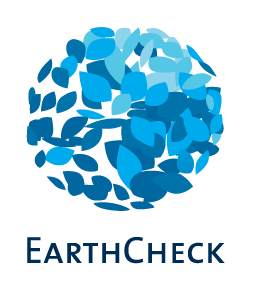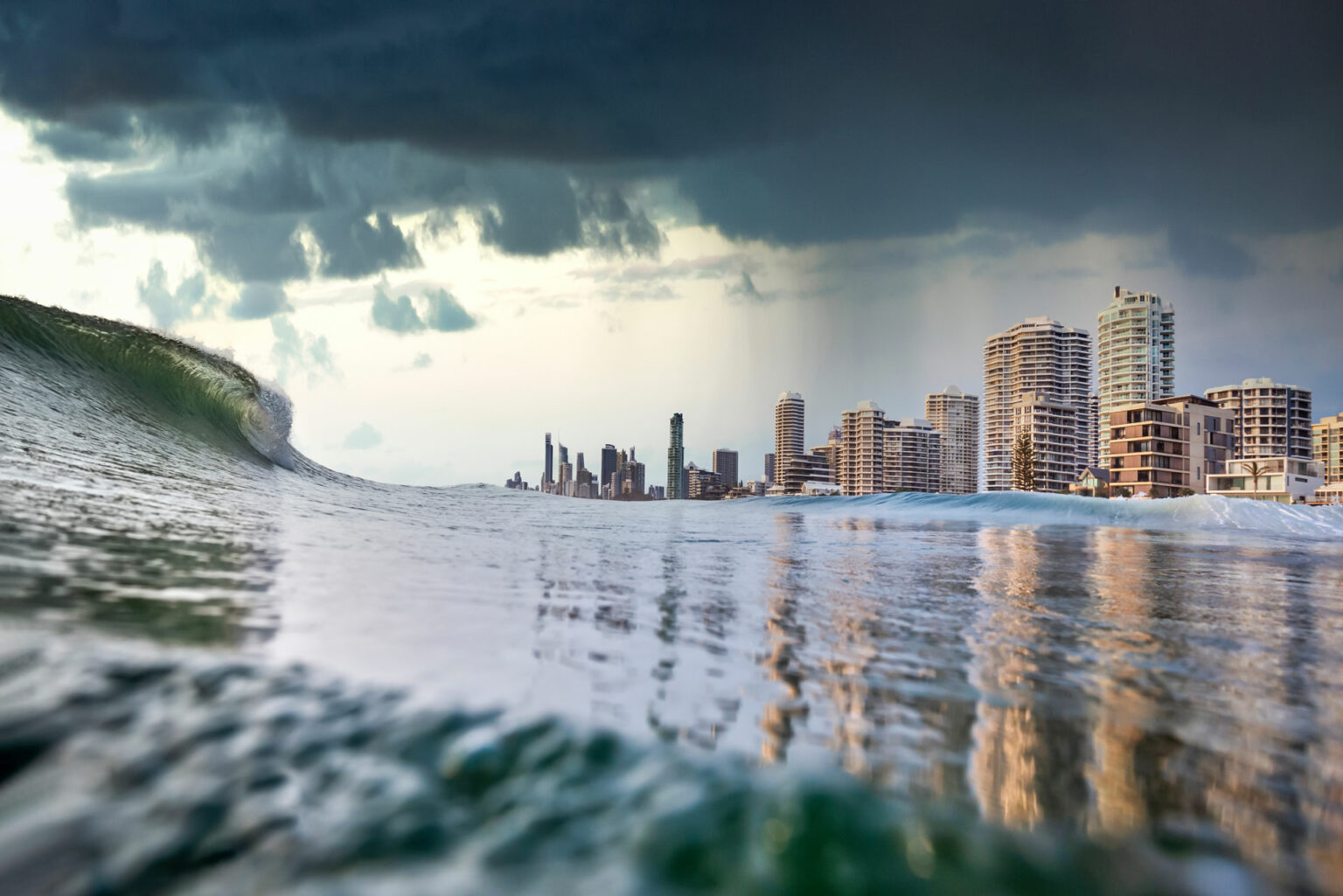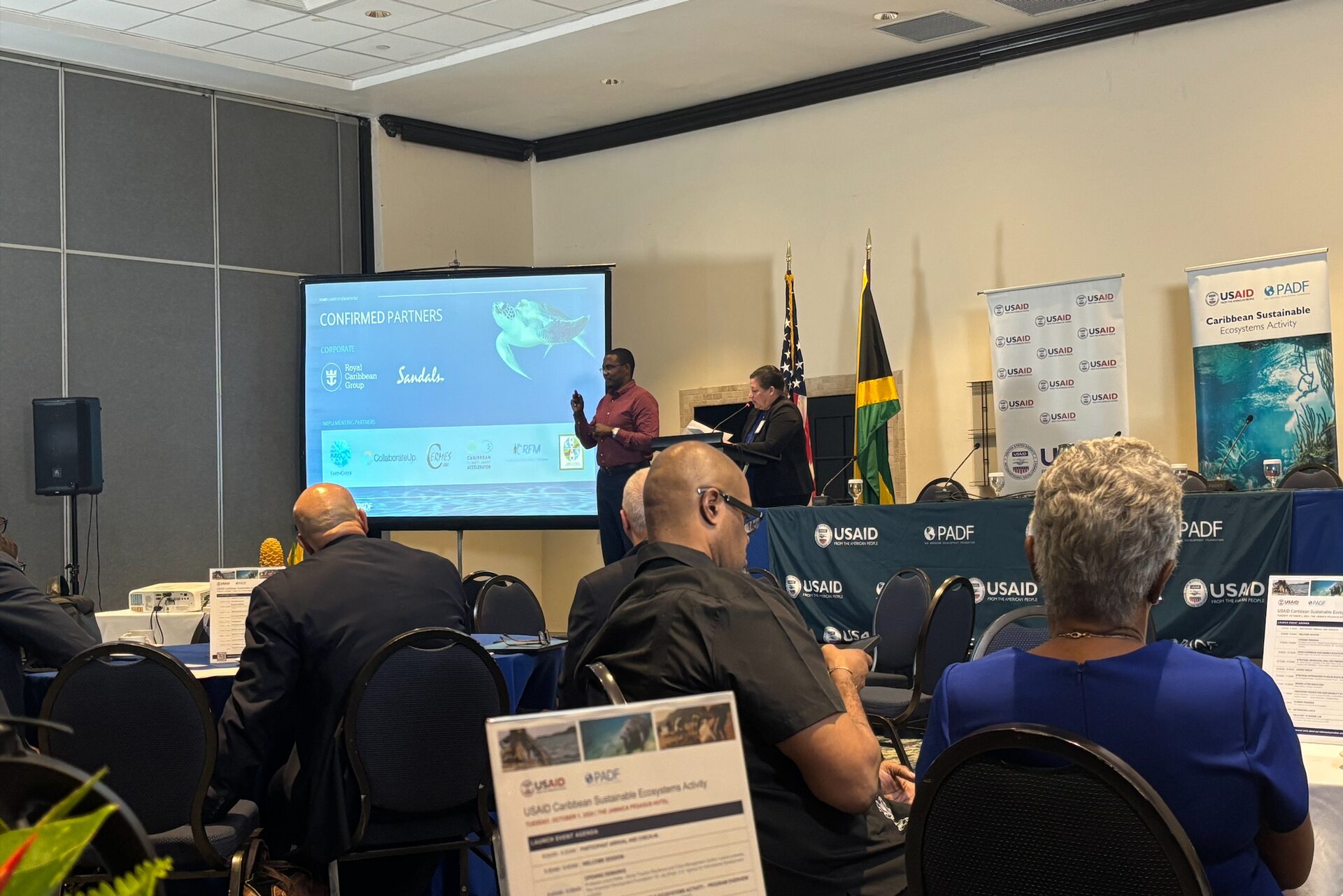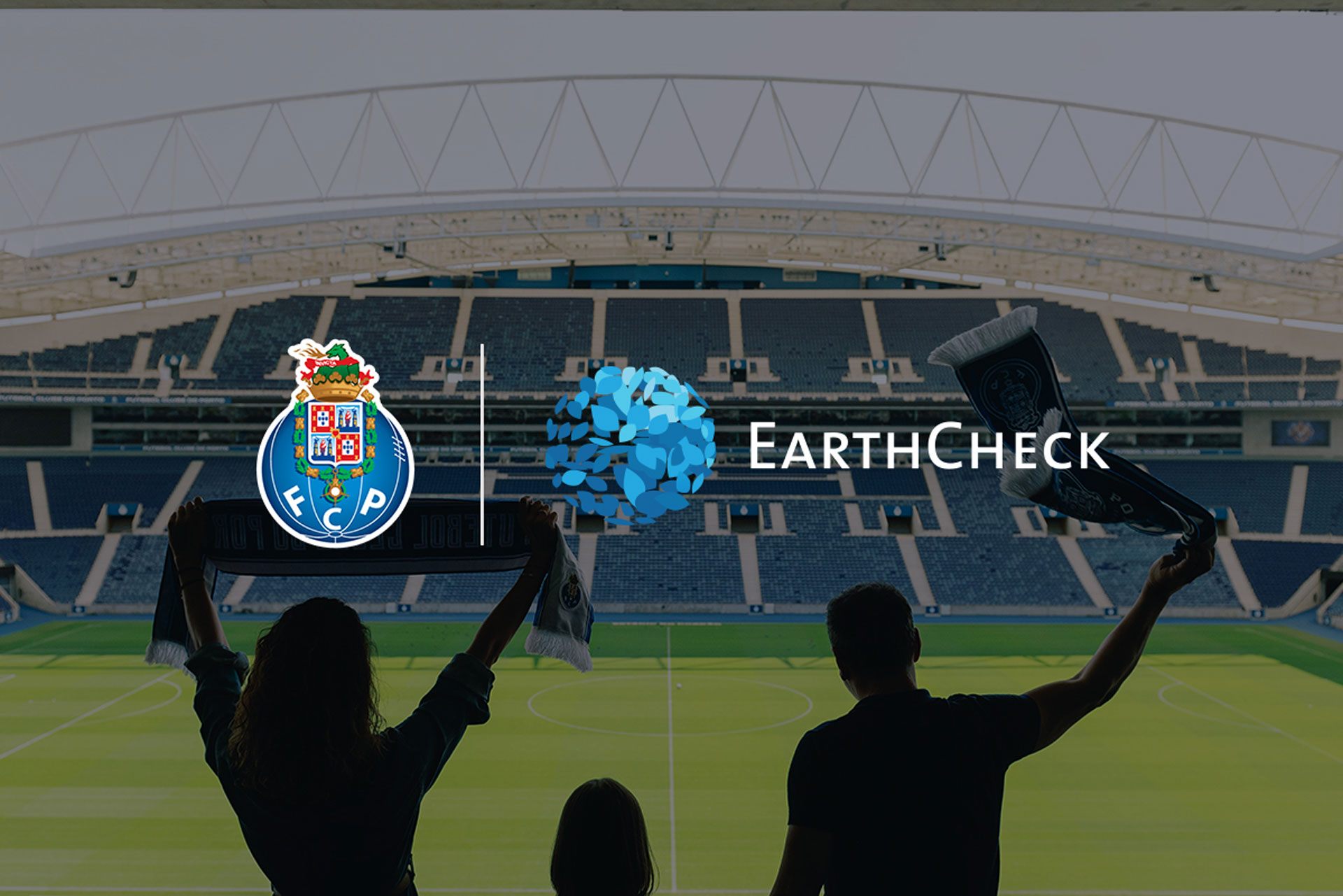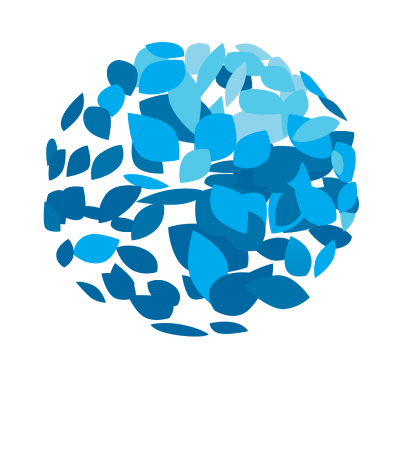As a tourism operator, your capacity to deal with catastrophes can make or break your business. That’s why EarthCheck has worked with the Australian Tourism Industry Council on a manual to help businesses across the visitor economy prepare, respond and recover when disaster strikes.
The ‘Don’t Risk It!’ manual has been designed for businesses across all sectors of the visitor economy, of all sizes, and is intended to help these businesses understand risk and improve their disaster management processes.
A disaster can be a natural occurrence, like a cyclone, earthquake or tsunami. But disaster can also be man-made – for example, the death of a visitor at an attraction due to malfunctioning equipment, or a cyber attack. A health scare can also be a disaster, as in the case of the coronavirus pandemic.
A disaster can be costly for any business – but for every dollar spent on disaster preparedness, $3 to $8 are saved in recovery efforts.
EarthCheck, the world’s leading scientific benchmarking, certification and advisory group for travel and tourism, first prepared the ‘Don’t Risk It!’ manual in 2012. The manual was released through the Australian Trade and Investment Commission (Austrade), the Australian Government’s international trade promotion and investment attraction agency.
The following year, the United Nations developed the Sendai Framework for disaster risk reduction. The framework encompasses disaster prevention, preparation, response and recovery, embedding a ‘build back better’ mentality into the recovery process to reduce risk in the future.
Now, the Australian Tourism Industry Council has commissioned EarthCheck to refresh the ‘Don’t Risk It!’ manual and bring it in line with this framework.
A fresh approach
“As our climate changes, the disasters tourism businesses are facing are increasing in ferocity,” says Dr Natasha Montesalvo, EarthCheck’s Principal Consultant for Destinations, Strategy & Insights.
“For most of these businesses, it’s not a matter of ‘if’ the next disaster will happen, but when. And much like our approach to sustainability, EarthCheck sees disaster management as a continuous process that requires all of us to reflect and improve on our processes over time.
“It was time to update the manual to ensure it offers leading best practice, is aligned to the United Nations’ Sendai Framework, and encourages operators to continually review and improve their disaster management processes.”
Dr Montesalvo says the manual has been rewritten and restructured to meet the needs of today’s visitor economy.
“The manual now follows the Sendai Framework’s logical process – prevent, prepare, respond, recover – and provides relevant case studies from across Australia,” she says.
“The updates provide contemporary advice on the steps to take to manage the disaster preparedness process, as well as steps to build back better.”
The road away from ruin
The manual provides tourism operators with step-by-step information on the action they need to take at each phase of the disaster management process to build resilience and get back to trading as efficiently as possible, with a checklist of expected outcomes and goals for each section and templates to get you started.
The manual also includes case studies of businesses across the visitor economy who have survived and thrived in the face of disaster, from businesses who have overcome the trauma of bushfires to those who have been able to succeed despite the existential threat to their operations posed by COVID-19.
“The case studies were put forward by the Tourism Industry Council from each state,” Dr Montesalvo says. “We contacted each of the recommended businesses and listened to their stories, hints and tips, and we think the wider tourism industry will take a lot of valuable lessons from their experiences.”
Ultimately, Dr Montesalvo says the manual is intended to assist businesses across the visitor economy in the creation of their own comprehensive disaster management plans.
“Essentially, disaster management means knowing what to do and when as a disaster strikes, and having a team in place that’s practiced and ready,” she says.
“Disaster management is not a one-off job, nor something that happens the week before storm season. It’s an always-on, ever-evolving, important part of your business-as-usual processes. And if it’s not yet, then it needs to be.”
The refreshed ‘Don’t Risk It!’ manual will be available to businesses in the visitor economy early in FY 2023/24.
